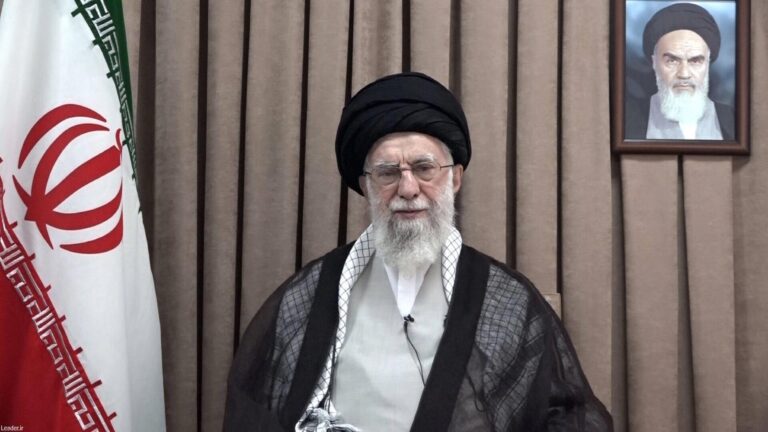Iran has officially denied reports suggesting that Russia is pressuring Tehran to accept a no-enrichment nuclear deal, according to statements cited by The Jerusalem Post. The Iranian government dismissed claims of external coercion in the ongoing negotiations over its nuclear program, emphasizing its stance on maintaining uranium enrichment capabilities. This development comes amid heightened international scrutiny and diplomatic efforts surrounding Iran’s nuclear ambitions.
Iran Rejects Claims of Russian Pressure in Nuclear Negotiations
Iran’s Foreign Ministry has categorically dismissed recent assertions that Russia exerted undue pressure during the latest round of nuclear negotiations. Officials emphasized that Tehran’s stance remains firm on its sovereign right to pursue nuclear enrichment within the framework of international agreements. According to Iranian representatives, Moscow has consistently supported a balanced and diplomatic resolution, rejecting any narrative suggesting coercion or interference.
Reinforcing their position, Iranian authorities highlighted several key points underpinning their denunciation of the claims:
- Independent Decision-Making: All nuclear policy choices are made by Iran without external influence.
- Mutual Respect: Relations with Russia are based on strategic partnership rather than unilateral pressure.
- Commitment to Diplomacy: Tehran remains open to dialogue under fair and equal terms.
| Party | Stance on Enrichment | Negotiation Role |
|---|---|---|
| Iran | Supports limited enrichment | Lead negotiator, affirming sovereignty |
| Russia | Supports diplomatic solution | Facilitator, promoting balance |
| Other Stakeholders | Calls for halt to enrichment | Observers and mediators |
Analysis of Russia and Iran’s Roles in Shaping the Nuclear Deal Dynamics
Russia and Iran’s diplomatic chess game surrounding the nuclear negotiations reveals a complex alliance often misunderstood. Despite Western claims of Moscow exerting pressure on Tehran to halt uranium enrichment, Iranian officials have actively denied such assertions. These denials emphasize Iran’s desire to safeguard its sovereign rights while navigating a volatile geopolitical landscape. Meanwhile, Russia continues to position itself as a strategic intermediary, balancing its geopolitical interests with efforts to keep dialogue alive between Iran and global powers, rather than forcing strict limitations.
Within this dynamic, several key factors shape the ongoing discourse:
- Russia’s dual role as both a negotiator and arms supplier bolsters its leverage without overt coercion.
- Iran’s assertion of maintaining nuclear rights while seeking relief from sanctions showcases a nuanced bargaining approach.
- International skepticism continues regarding the true independence of Iran’s decisions amid reported Russian influence.
| Aspect | Russia’s Influence | Iran’s Stance | |||||||||||||||
|---|---|---|---|---|---|---|---|---|---|---|---|---|---|---|---|---|---|
| Nuclear Enrichment | Encourages restraint but no direct bans | Firm refusal to end enrichment activities | |||||||||||||||
| Negotiation Tactics | Mediates dialogue to maintain influence | Leverages talks for sanctions relief | |||||||||||||||
|
Russia and Iran’s diplomatic chess game surrounding the nuclear negotiations reveals a complex alliance often misunderstood. Despite Western claims of Moscow exerting pressure on Tehran to halt uranium enrichment, Iranian officials have actively denied such assertions. These denials emphasize Iran’s desire to safeguard its sovereign rights while navigating a volatile geopolitical landscape. Meanwhile, Russia continues to position itself as a strategic intermediary, balancing its geopolitical interests with efforts to keep dialogue alive between Iran and global powers, rather than forcing strict limitations. Within this dynamic, several key factors shape the ongoing discourse:
|



